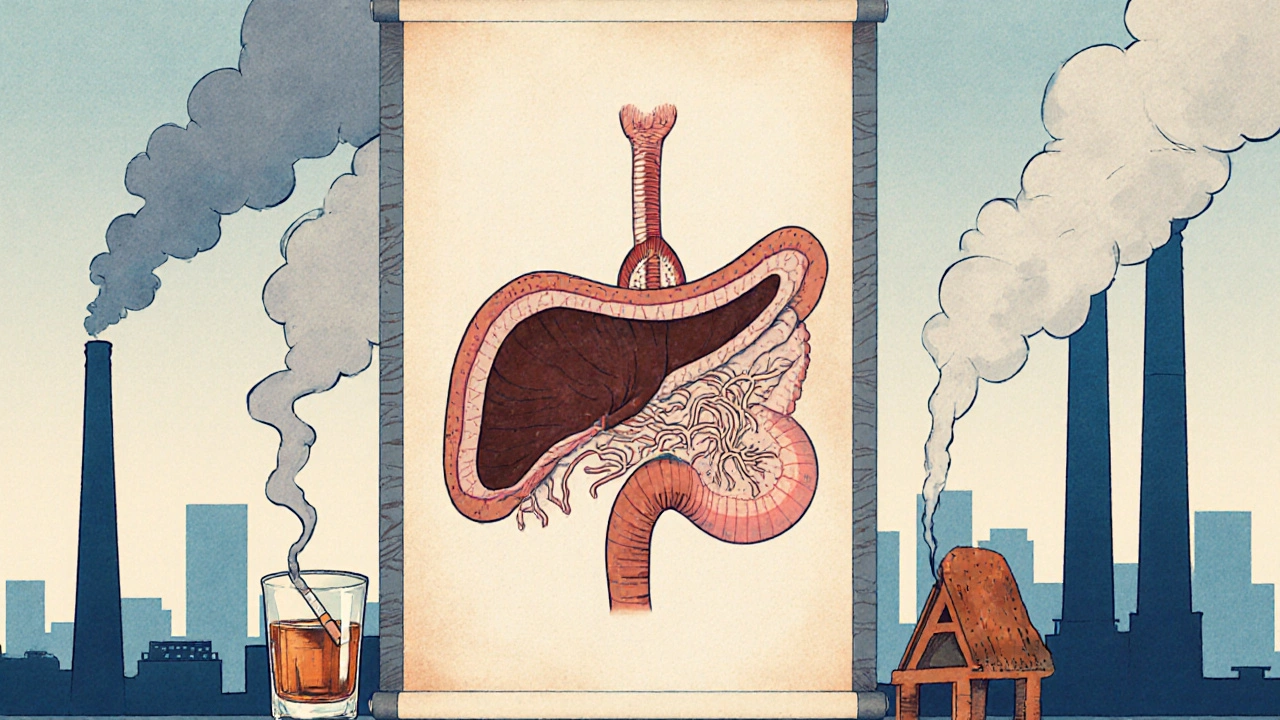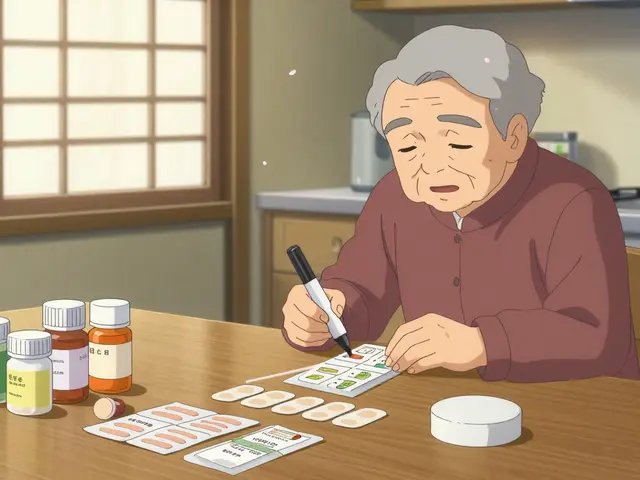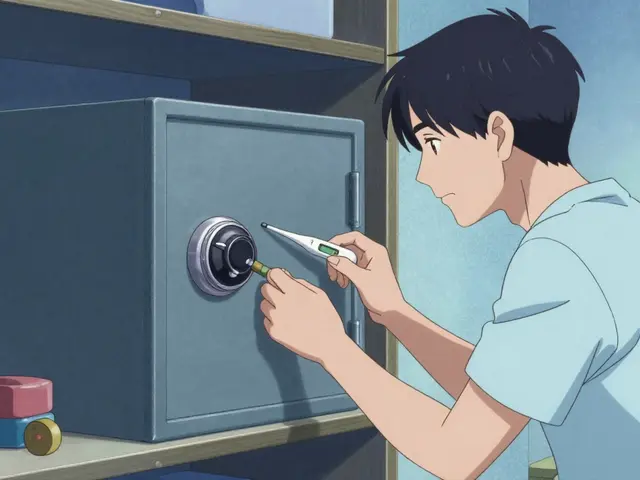Diet and Cancer: What You Really Need to Know
When we talk about diet and cancer, the connection between what you eat and your risk of developing or surviving cancer. Also known as nutritional oncology, it’s not about miracle foods or extreme cleanses—it’s about patterns that actually move the needle in real life. Decades of research show that certain eating habits can lower your risk of colon, breast, prostate, and other cancers—not by a little, but by 30% to 50% in some cases. This isn’t guesswork. It’s data from large, long-term studies tracking what people ate and what happened to them over years.
One key player is fiber, a type of carbohydrate found in whole grains, beans, vegetables, and fruits that your body doesn’t fully digest. High-fiber diets are tied to lower rates of colorectal cancer because they help move waste through your gut faster, reducing how long harmful substances sit near your intestinal lining. Then there’s processed meat, things like bacon, hot dogs, and deli meats that are preserved with salt, smoke, or chemicals. The World Health Organization classifies these as Group 1 carcinogens—meaning there’s strong, proven evidence they cause cancer, especially colon cancer. Eating just 50 grams a day (about one hot dog) raises your risk by 18%. Sugar doesn’t directly feed tumors, but it does fuel inflammation and weight gain, both of which create a body environment where cancer can thrive.
What you drink matters too. Alcohol is a known carcinogen linked to at least seven types of cancer, including breast and liver. Even one drink a day increases risk. On the flip side, colorful plant foods—like broccoli, berries, spinach, and garlic—contain compounds that help your body repair DNA and shut down abnormal cell growth. You don’t need to eat them all every day. Just make sure they’re a regular part of your meals. And while supplements like vitamin D or omega-3s get a lot of attention, studies consistently show they don’t replace the protection you get from whole foods.
This isn’t about perfection. It’s about progress. Swapping white bread for whole grain, choosing chicken over bacon, drinking water instead of soda—these small, repeatable choices add up. The posts below give you real, practical breakdowns of what works, what doesn’t, and why. You’ll find clear comparisons of foods linked to cancer risk, insights into how nutrients interact with your cells, and tips that actually fit into daily life. No jargon. No hype. Just what the evidence says—and how to use it.
Pancreatic Cancer and the Environment: Exploring the Link
Explore how smoking, diet, pollution, and other environmental factors influence pancreatic cancer risk and learn practical steps to lower your odds.






